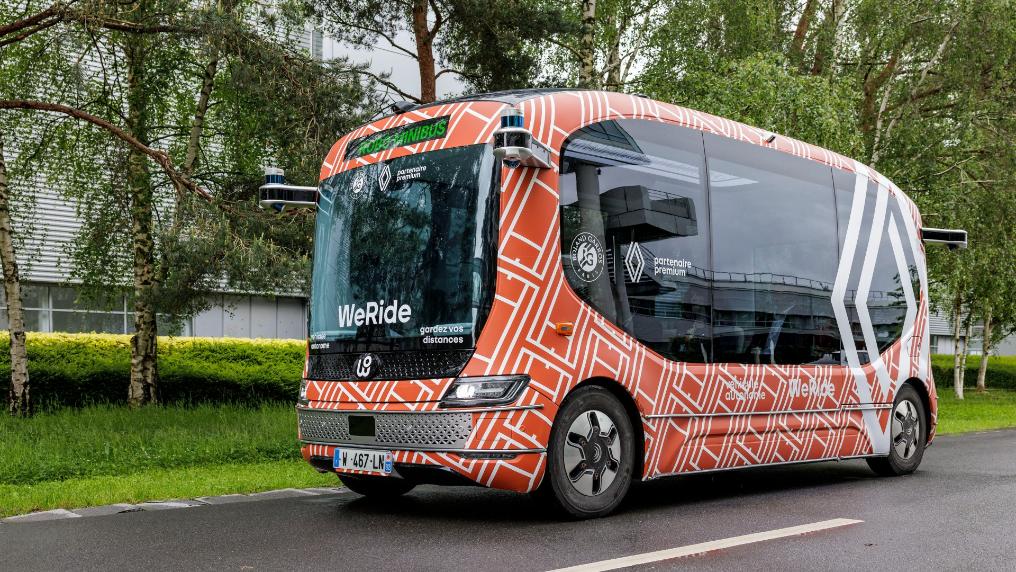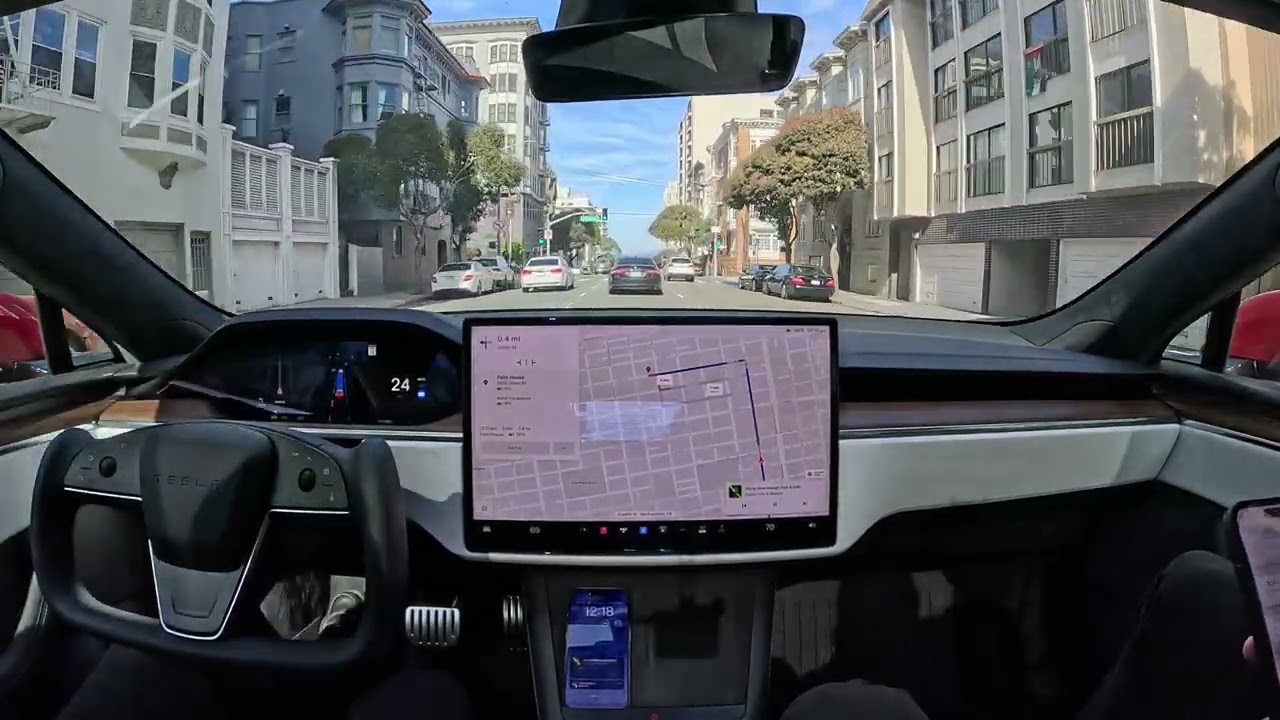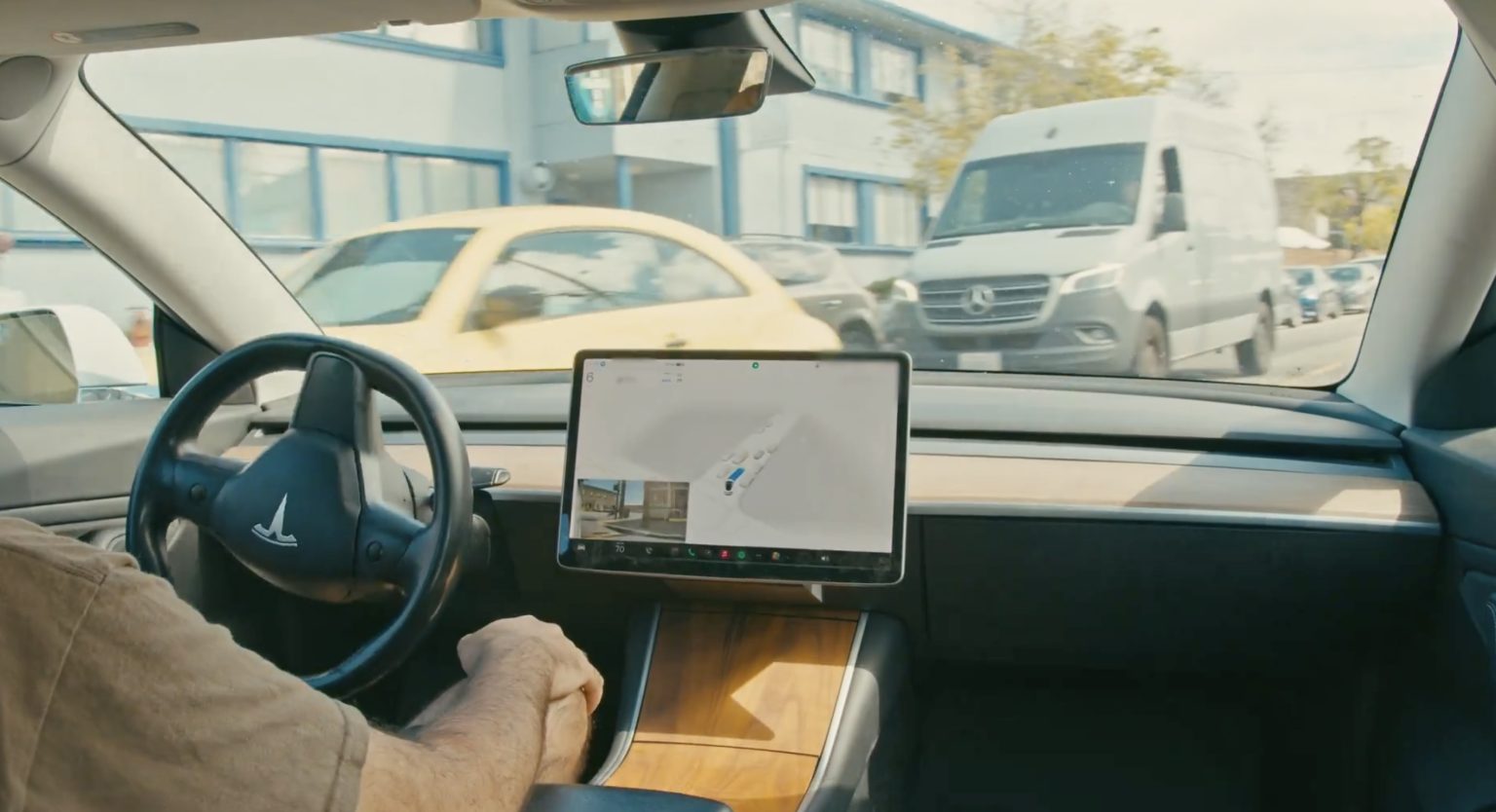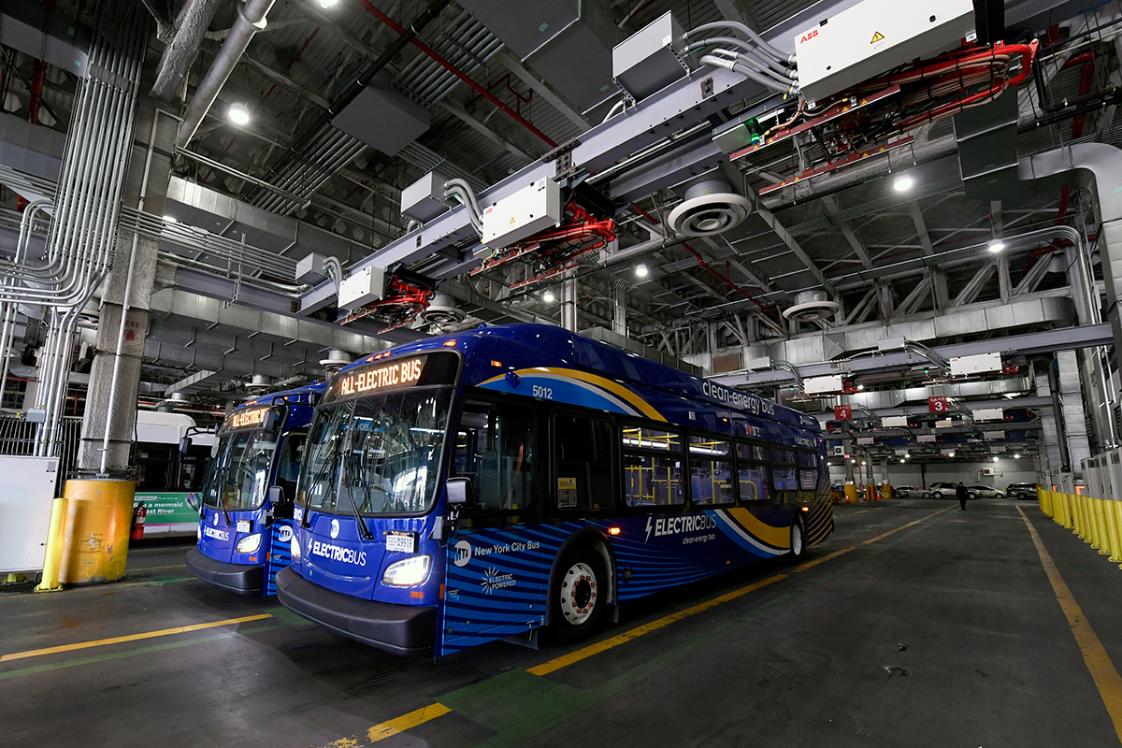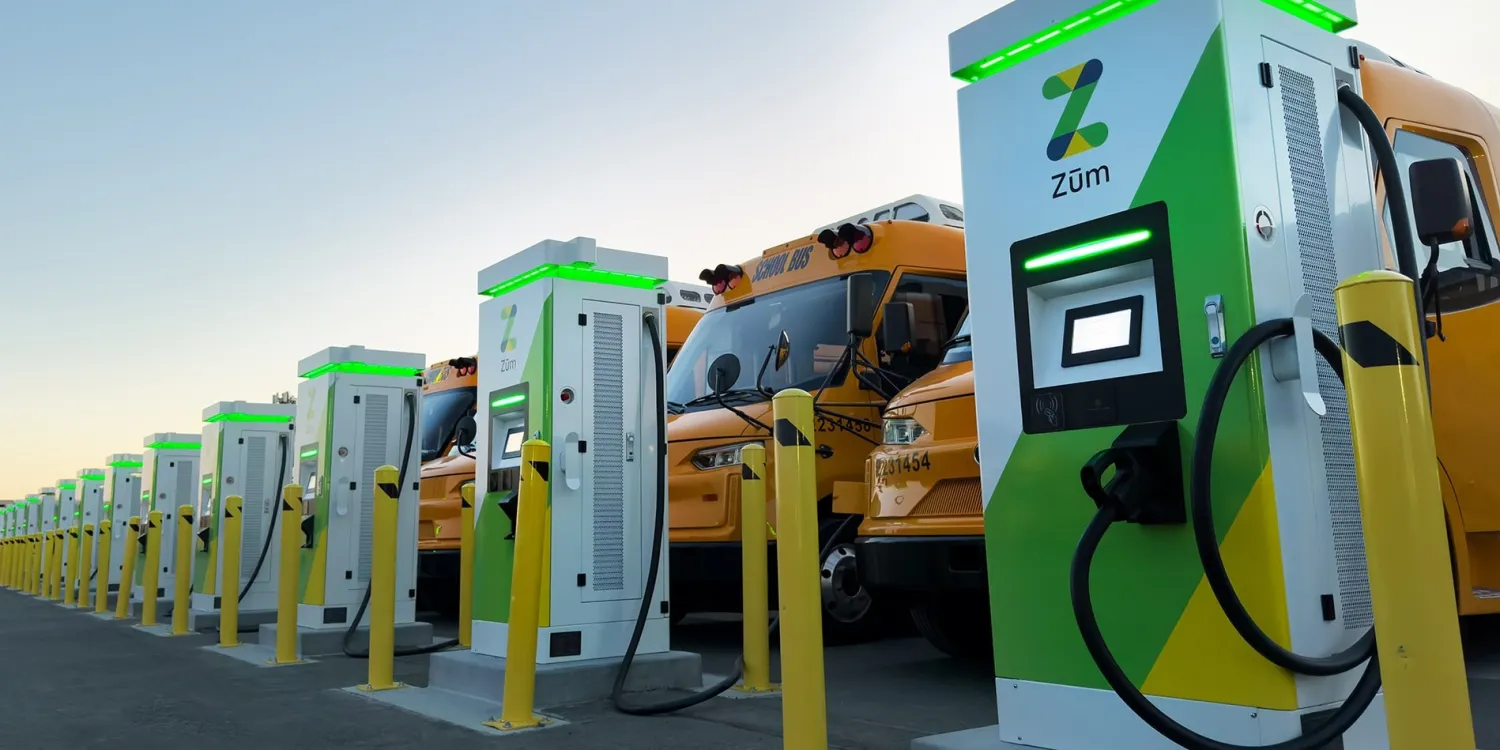Renault, the French automaker, announced a strategic shift away from developing high-level autonomous features for private cars, opting instead to concentrate on self-driving public transport solutions. This decision comes as Renault deems the current regulations, customer expectations, and the cost of complex technology as prohibitive factors for further advancement in private car autonomy.
“While we offer top-level driving assistance on most of our models, the development of higher-level autonomous functions for private cars is unlikely for the time being,” Renault stated. The company highlighted the significant technological complexity gap between current offerings, which include level two or two plus autonomous features, and the more advanced level three features, where the vehicle must operate safely with limited driver supervision in complex environments.
Renault emphasized that innovation must be economically accessible and genuinely useful to a wide audience. As a result, the company is prioritizing the development of high-level autonomous functions for shared public transport solutions. This includes plans to introduce a ‘robotised electric minibus’ based on the new Renault Master van, aiming to operate 24/7 in complete safety, providing a zero-emission alternative or complement to existing transport solutions like trains, trams, and buses.
The shift in focus comes seven years after Renault unveiled the Symbioz concept, showcasing its vision for a level four autonomous car in 2030. The new strategy aligns with Renault’s partnership with WeRide, a Sino-American technology company, to trial level four autonomous shuttles on public roads. The partnership will begin an experimental shuttle service using WeRide’s Robobus people mover at the French Open tennis tournament in Paris later this month.
Gilles Le Borgne, Renault’s chief technology officer, expressed confidence in their autonomous vehicle strategy, stating, “[The] Renault Group is moving forward to implement its autonomous vehicle strategy.” He added that, thanks to their experiments and partnerships, Renault aims to propose a range of autonomous, low-carbon minibuses before the end of this decade to meet the growing needs of regions.

